For Iran, the re-election of Donald Trump in November 2024 was its worst nightmare. Waking up the morning after the US election, Tehran feared President Trump’s unpredictability – and remembered the hard line he’d taken on Iran in the past and his killing of the Islamic Revolutionary Guard Corps (IRGC) Quds force commander Qassem Soleimani in 2020. With Iran already reeling from losing a chunk of its proxy network in 2024, and with its air defences and missiles degraded by Israel, it was in a uniquely vulnerable position.
All of this forced a recalibration. Iran’s tactic changed from rebuffing to killing President Trump with kindness. Tehran decided to weaponize diplomacy to mollify an American president it both feared and loathed – without sacrificing its grand strategy of pushing the United States out of the Middle East and eradicating the State of Israel. Five months later, the result of this recalibration is nuclear negotiations with the man who ordered the elimination of Soleimani.
Supreme Leader Ayatollah Khamenei has been laying the groundwork for a deal himself. In April, he invoked Shiite history to justify an agreement. He cited Imam Hassan’s peace treaty with Muawiyah in 661 CE – when the grandson of the Prophet Muhammad gave up the Caliphate in return for the safety of his followers. This treaty has often been used by Iran’s leaders as an example of a tactical compromise with an enemy.
This was a change, as during the first Trump administration, Khamenei leaned in on the example of Imam Hossein, whose martyrdom and resistance against enemies the supreme leader said warranted an uncompromising stance to American pressure. It was this which undergirded his rejection of President Trump’s offers at engagement during his first term.
Throughout the last nuclear negotiations with the Biden administration that collapsed, Khamenei downplayed the talks. He focused on building a resistance economy and deepening relations with China and Russia. Now, although Khamenei recently likened the current impasse over enrichment with the second Trump administration to the unsuccessful talks held from 2021-2022 under President Biden, he has been more vocal in setting the stage for a potential deal than he was previously.
The shift in Tehran has filtered down from Khamenei. Rasoul Sanaeirad, an IRGC commander, said “the IRGC supports the team negotiating with America”.
The deputy coordinator for the IRGC’s Quds force has also said, “It was Trump who wrote a letter requesting negotiations with the Islamic Republic. The Islamic Republic responded positively to this request.” These interventions are notable, given Trump authorized the killing of the IRGC’s mainstay Soleimani.
The Islamic Republic’s media ecosystem has also been endorsing the talks. Javan, a daily newspaper linked to the IRGC, has been spinning the negotiations as a win for Iran, which it has portrayed as dominating the process. The paper has even backed US investment in Iran if its economic interests are met.
This more positive outlook in Iran towards negotiations has extended to Friday prayer sermons. In 2019, the firebrand hardline cleric Ahmad Khatami said President Trump should die frustrated in his ambitions to negotiate. Yet in an April sermon, he said, ‘accepting indirect negotiations with the US aligns with a Quranic verse stating that if the other side proposes talks, one should not refuse.’
This growing elite consensus in favour of the negotiations can also be seen in the public positioning of Mohammad Bagheri, the chief of staff of Iran’s armed forces. Bagheri, who has traditionally been a hardened military figure, skeptical of negotiations with the West, now supports indirect negotiations.
Saeed Jalili, a staunch hardline representative of Khamenei on the Supreme National Security Council (SNSC), has been unusually muted in his criticism of nuclear negotiations. In 2022, reports circulated that he wrote a letter to the supreme leader calling for Iran’s withdrawal from the Joint Comprehensive Plan of Action (JCPOA) and the enrichment of uranium to 90 percent, which is weapons-grade.
The composition of the SNSC itself has changed. Masoud Pezeshkian is now president of Iran, after Ebrahim Raisi, known as the “hanging judge”, died in a plane crash. Pezeshkian, who is more invested in a nuclear agreement than his predecessor, is chairman of the SNSC. There has also been a change of foreign ministers, with Abbas Araghchi more adept at the art of negotiation. While Khamenei remains in charge of all strategic decisions, his willingness to allow a softer face like Pezeshkian to win the presidency demonstrates the importance of this diplomatic charm offensive.
But behind Iran’s rhetoric lies a darker reality. There has been no real effort to moderate the Islamic Republic. Instead, Tehran is using the negotiations as a shield to avoid economic sanctions and military strikes at a historic weak point. Already the Iranian currency has strengthened as the negotiations continue. The longer the process lasts, the better for Iran’s leaders.
The Islamic Republic’s red lines for a deal have not altered either since 2015. It wants a time-limited agreement which allows Iran to have a domestic uranium enrichment program; it wants to retain its nuclear facilities; and it wants no substantive constraints on its military industrial base, including its missile and drone programmes. And it doesn’t want to give up its network of terror proxies and partners.
All of this in return for sanctions relief would allow Iran to rebuild its regional and military power. It would also mean it retains its nuclear infrastructure so it has the option of producing a nuclear weapon in the future. This is, in essence, an Iranian attempt to lure the United States into agreeing to a repackaged JCPOA with minor modifications.
Iran is engaging in all sorts of ploys to achieve that end. It is even hawking outlandish investment opportunities to American companies. Tehran’s sympathisers have also been playing on the public desire of some American officials and personalities to visit Iran by counselling the regime to offer them high-level meetings or the prospect of President Trump winning the Nobel Peace Prize by dangling in front of the US a deal which fundamentally offers the same concessions it gave to President Obama.
All the while, some Iranian officials have been trying to create the bizarre impression that they are born-again Trump supporters by co-opting some of the Maga movement’s language and thinking. The Islamic Republic has even been temporarily downplaying its anti-Americanism. In 2024, unnamed Iranian officials told the New York Times that the “America First” agenda appealed to them as it would give Tehran breathing room and space for its grand strategy.
Already Iran’s foreign minister is trying to curry favour with President Trump by dubbing the Democrats, with whom he previously worked and banked on, as the “Failed Biden Team”. He hopes that this will lead Republicans to support a JCPOA 2.0 – which would further the Islamic Republic’s interests. Officials in Tehran hope a JCPOA 2.0 would be more durable if it is agreed by a Republican president. But Republican lawmakers have signalled that will be unacceptable.
Some Iranian officials have also been floating the idea of establishing a Persian Gulf nuclear consortium in the form of a joint venture with the Saudi and Emirati governments, which would involve potential American investment. This is likely designed to appeal to President Trump’s business instincts to persuade the US government to drop its demand for zero enrichment in Iran. But the reality is this is not a new proposal. Iranian officials have been hyping a variation of this nuclear consortium idea for years.
The Islamic Republic may also offer more inspections or lengthier sunset clauses to get the US to retreat on a more important demand for zero enrichment. But this would preserve the logic of the JCPOA.
To improve the mood around the talks, Iran has been pushing its allies in the region – such as the Houthis – to agree to tactical ceasefires with the Trump administration to buy time to rearm. This allows Tehran to create the illusion it is deescalating during the nuclear negotiations – when in fact it is merely a tactical pause to survive, restock and wait out the Trump administration.
The negotiations have been zigzagging in terms of tenor and tone. As the Trump administration has become more vocal in insisting on zero enrichment, the Islamic Republic’s diplomats have become more downcast. They are trying to influence President Trump to embrace a version of the very Obama deal with Iran he rightfully repudiated in his first term in part because it allowed Iran to enrich uranium.
Press reports suggest both sides are trying to conclude a framework agreement to buy time to iron out details for a final deal. But this carries risks, including the Iranians exploiting the process to avert the invocation of the UN snapback sanctions mechanism which expires in October and erode ideal conditions for Israel and/or the US to conduct a military strike on Iran’s nuclear program. Along the way, Iran may agree to nothing concrete and try to insert vague or conditional language in the framework to placate the Trump administration and keep them at the table while dragging its feet later in the negotiations over details, disclaiming any American understandings.
There has been a clear shift in Iran’s establishment towards supporting negotiations. But this is a cynical and tactical move designed to bolster an unrepentant regime, which feels deeply exposed at home and abroad, hawking a revamped JCPOA as a lifeline. In the end, however, the maximum Tehran is prepared to give still is nowhere near the minimum President Trump is prepared to accept.



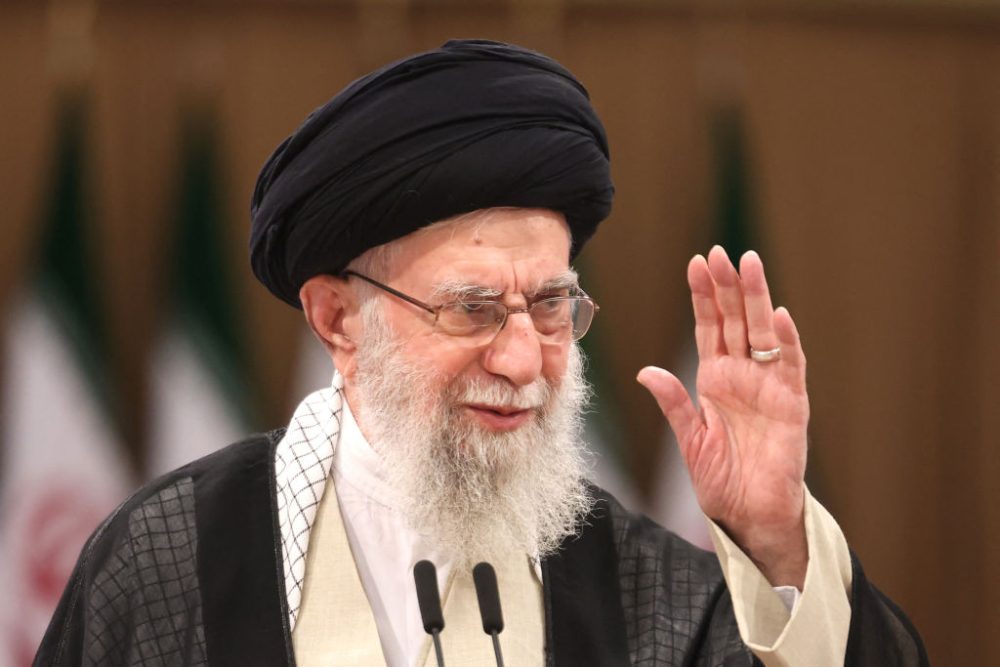






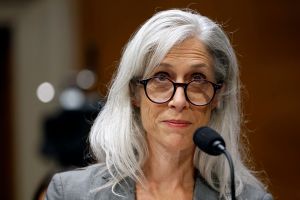
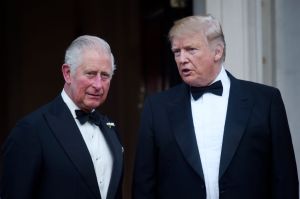
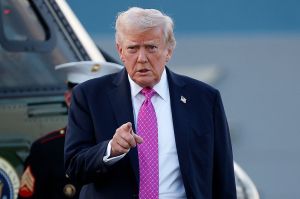
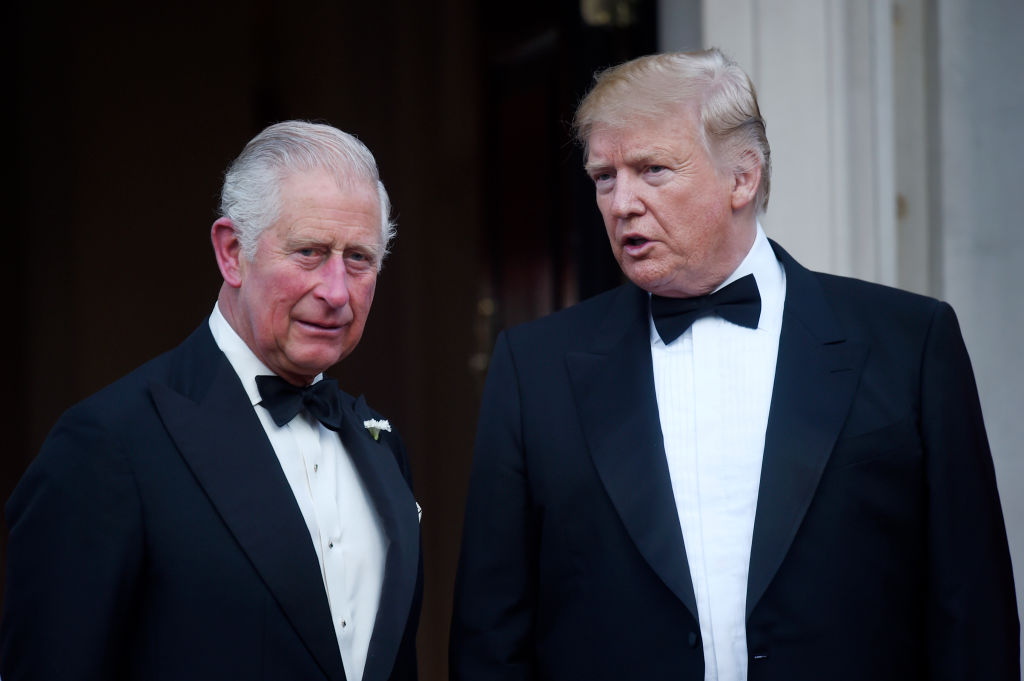
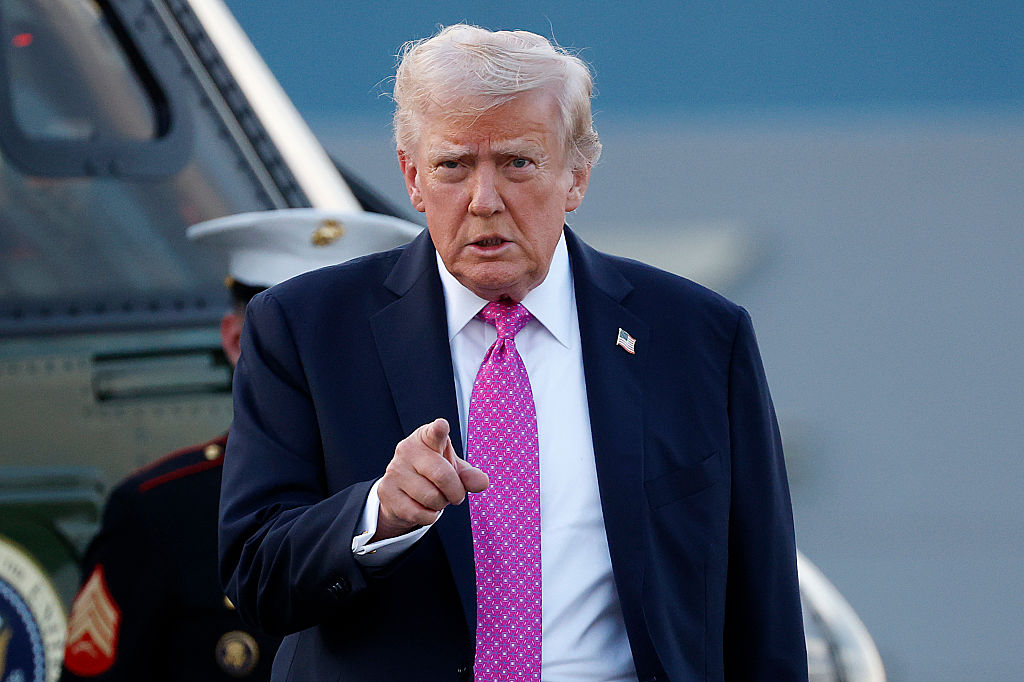
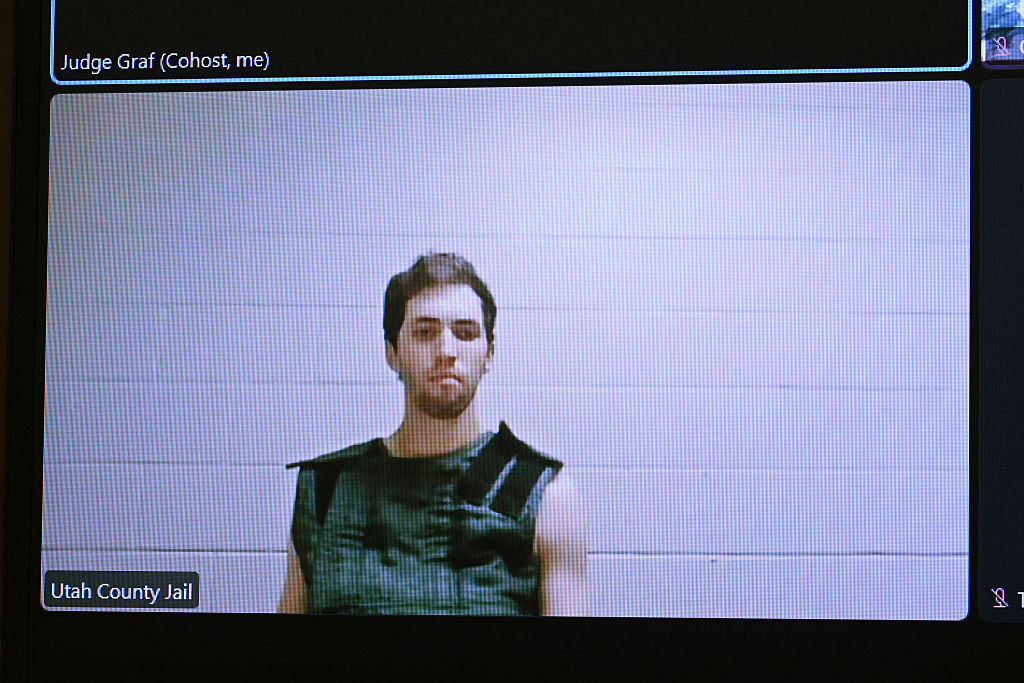
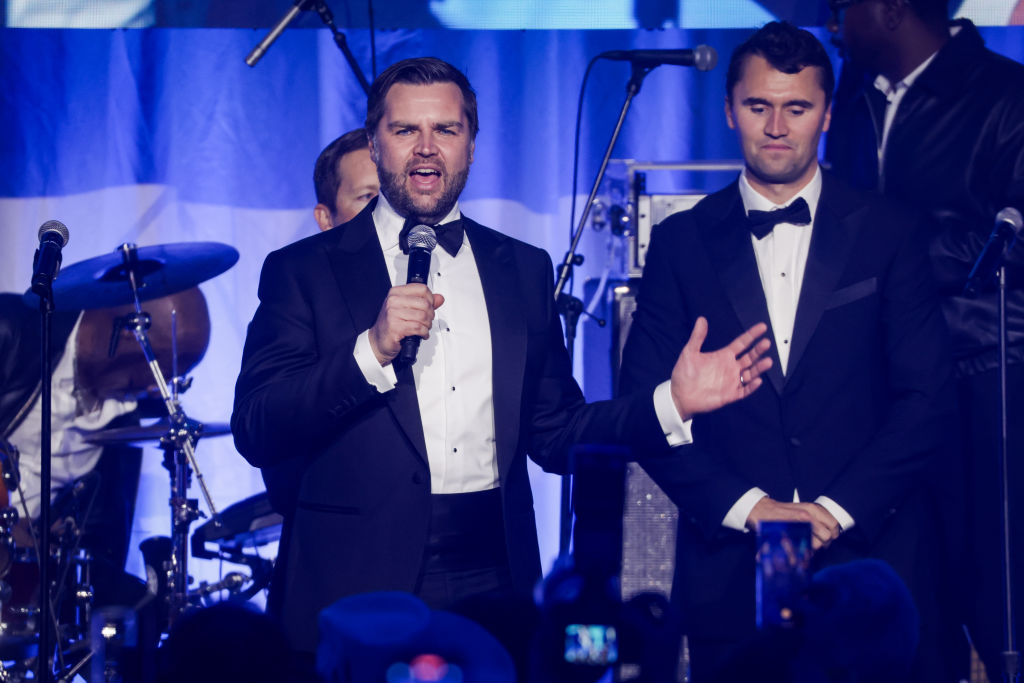
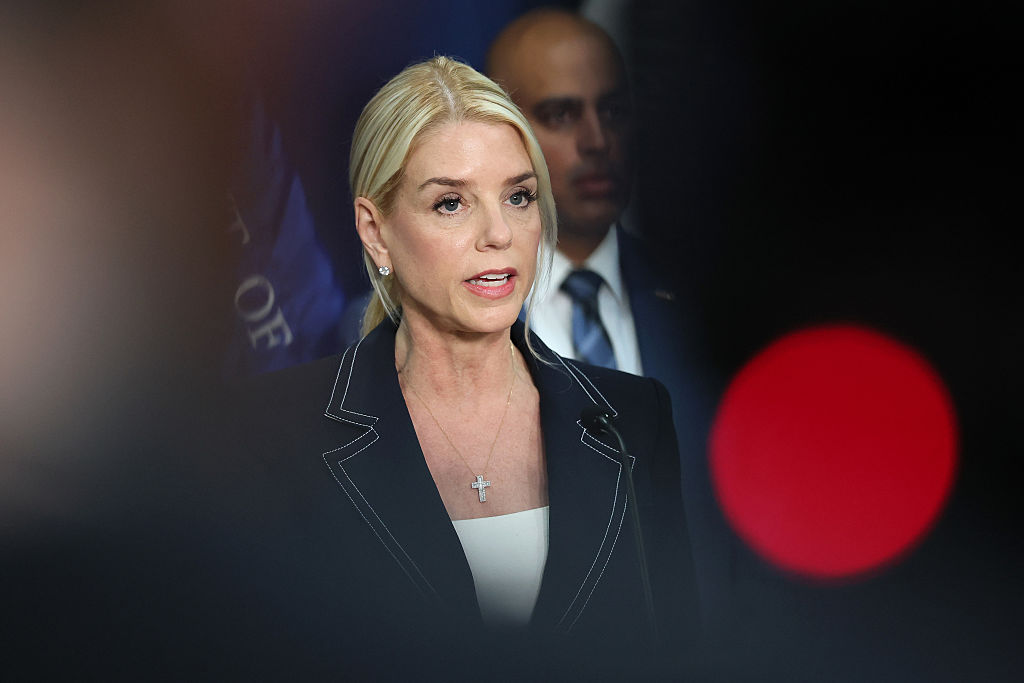
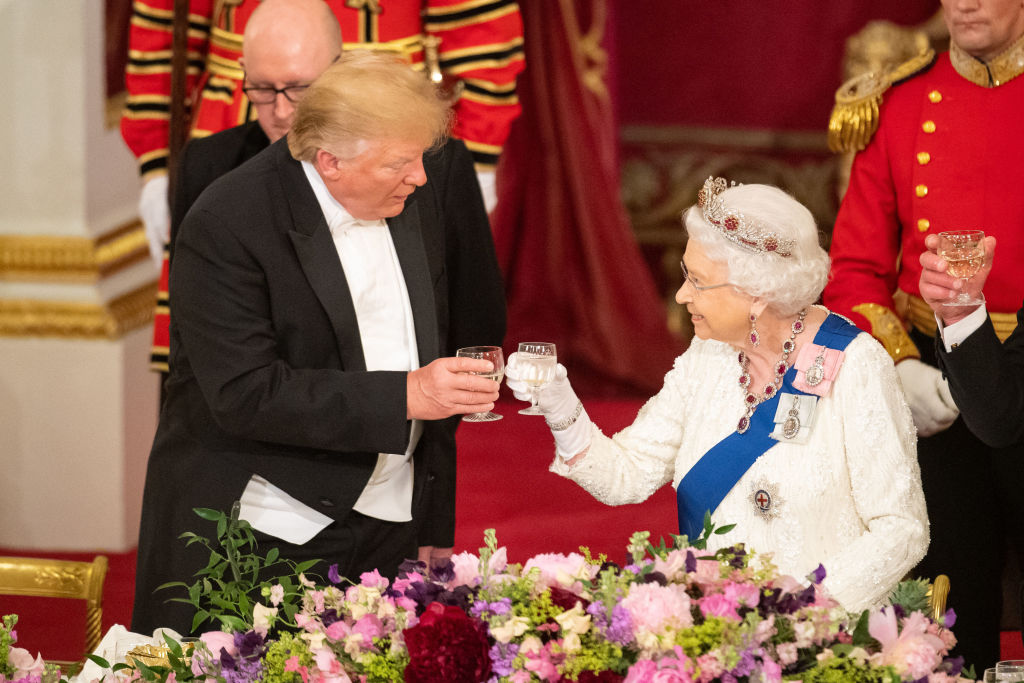







Leave a Reply